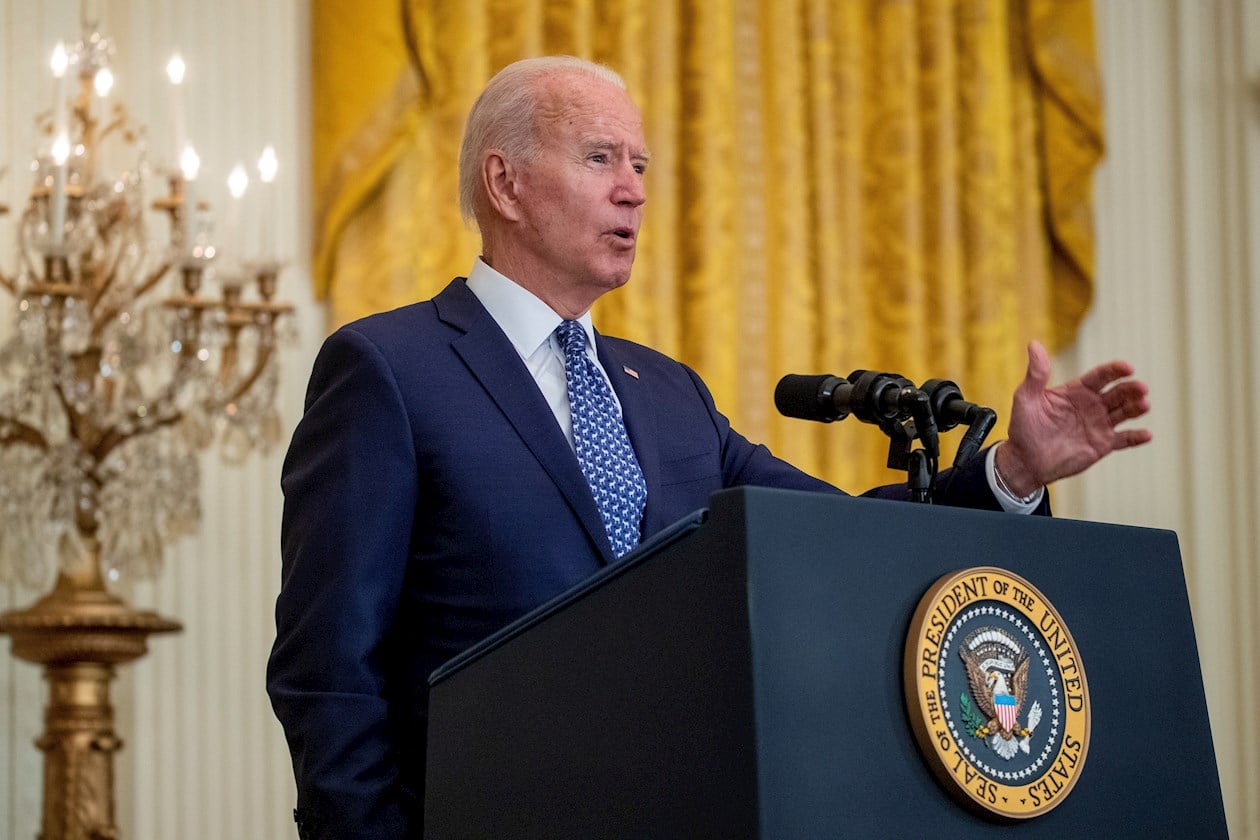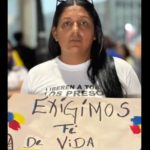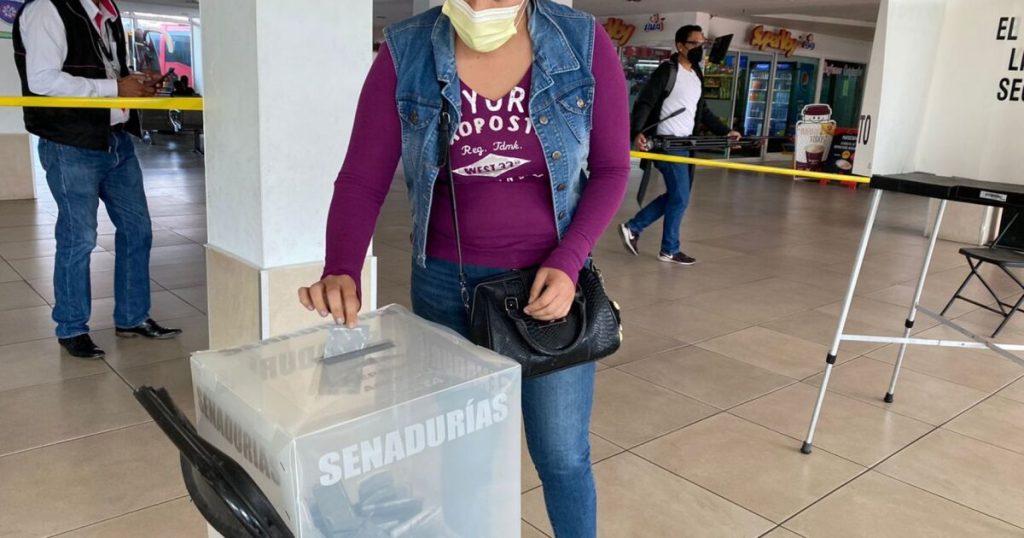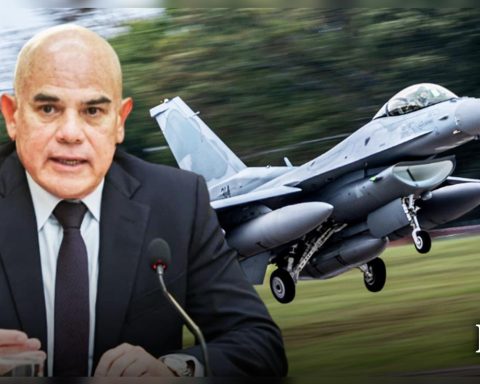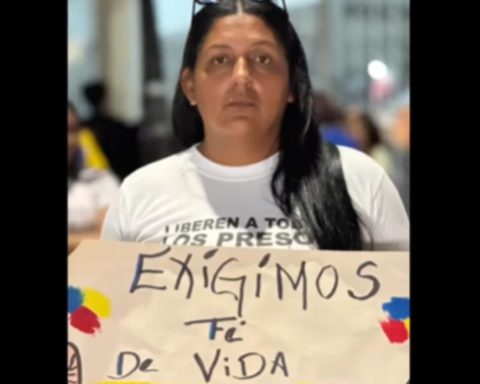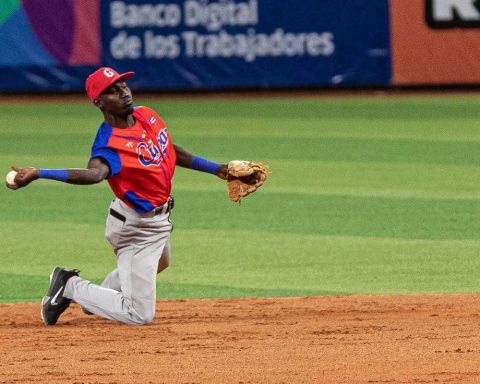The United States announced that it will not provide non-humanitarian or non-trade-related assistance during fiscal year 2022 and will vote against international loans in those areas to Nicaragua and Cuba, among other countries, for not doing enough to combat human trafficking. .
In a memorandum addressed to the Secretary of State, Antony Blinken, and released by the White House, US President Joe Biden announced the determination “regarding the efforts of foreign governments in relation to human trafficking.”
Among others, the memorandum details that Washington “will not provide non-humanitarian, non-trade-related assistance or allow funds for participation in educational and cultural exchange programs for officials or employees of the Governments of Cuba, the Democratic People’s Republic of Korea ( DPRK), Eritrea, Nicaragua, Russia and Syria ”during fiscal year 2022 (October 2021-September 2022).
The measure will remain in force “until said governments comply with the minimum standards” of the Law for the Protection of Victims of Trafficking “or make significant efforts to comply with the minimum standards.”
They will vote against the loans
In addition, Biden instructed US representatives in each multilateral development bank to “vote against and do everything possible to deny any loan or other use of the institution’s funds” that is not directed at humanitarian assistance, related to trade or development aid.
Those affected by this guideline are Afghanistan, Burma, China, Cuba, the Democratic People’s Republic of Korea, Eritrea, Iran, Nicaragua, Russia and Syria.
The US leader also determined that “non-humanitarian and non-trade-related assistance” will not be provided to Afghanistan, Burma, China, Comoros, Guinea-Bissau, Iran and South Sudan.
They were excluded from these measures for “national interest”, among other reasons, Algeria, Malaysia, Turkmenistan and Venezuela.
In the case of Russia and Eritrea, a “partial exemption” was granted, allowing the financing of educational and cultural exchange programs for officials or employees of those governments.
The United States has published in past years a “blacklist” of countries that are not doing enough to combat human trafficking.
Said list may lead to the imposition of sanctions such as the freezing of non-humanitarian and non-commercial aid for the sanctioned countries or the exclusion of loans from institutions, such as the International Monetary Fund (IMF), if the President of the United States so decides. .
The sanction on Nicaragua
The measure against the Daniel Ortega administration comes a month and a half after the Renacer Law came into force, with which the US Administration added one more tool to toughen sanctions against officials of the Ortega and Rosario Murillo regime . In addition, you will be able to review Nicaragua’s participation in the Free Trade Agreement between the United States, the Dominican Republic and Central America (DR-Cafta).
The White House has detailed that the Renacer Law “imposes sanctions on the Government of the Nicaraguan president” and will serve “to restrict multilateral bank loans and attack the corruption of the regime.”
In addition, it orders the Biden Administration to make “diplomatic negotiations” with the Governments of Canada, the European Union (EU) and Latin American and Caribbean countries “to impose selective sanctions” against citizens who obstruct Nicaraguan elections.
Between 2019 and 2021, Canada, the European Union, the United Kingdom and Switzerland have followed in the footsteps of the United States, by sanctioning some regime officials accused of corruption and human rights violations.
Likewise, the Organization of American States (OAS) issued a resolution stating that the elections held in Nicaragua lacked democratic legitimacy. In response, the Ortega administration began a two-year process to leave the organization.
With information from Efe
